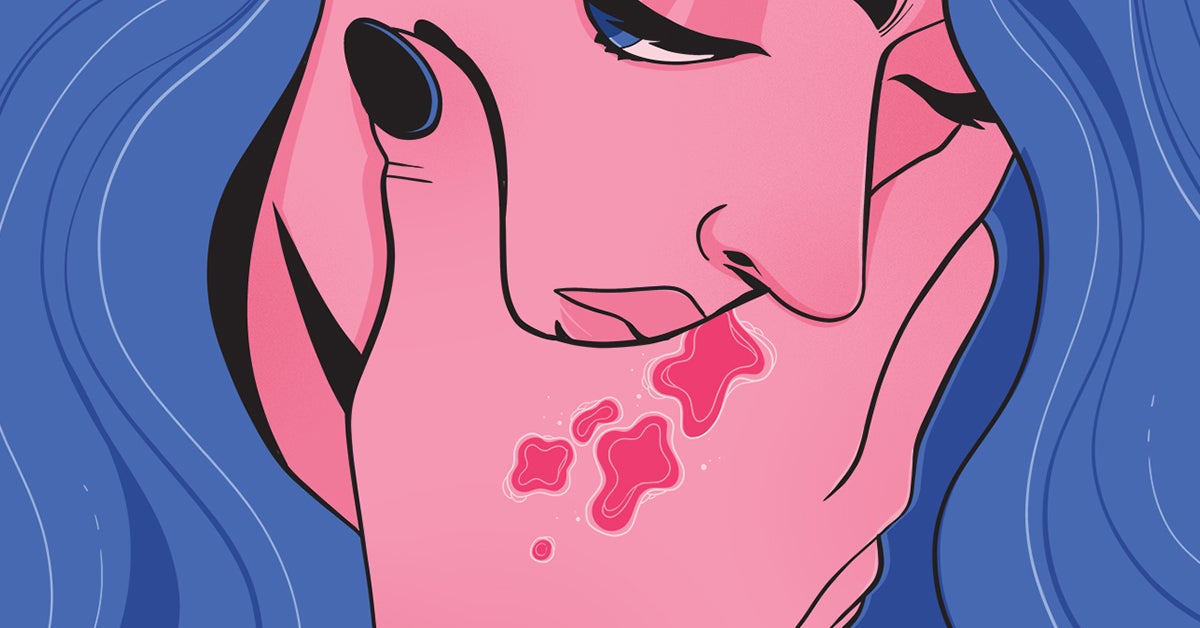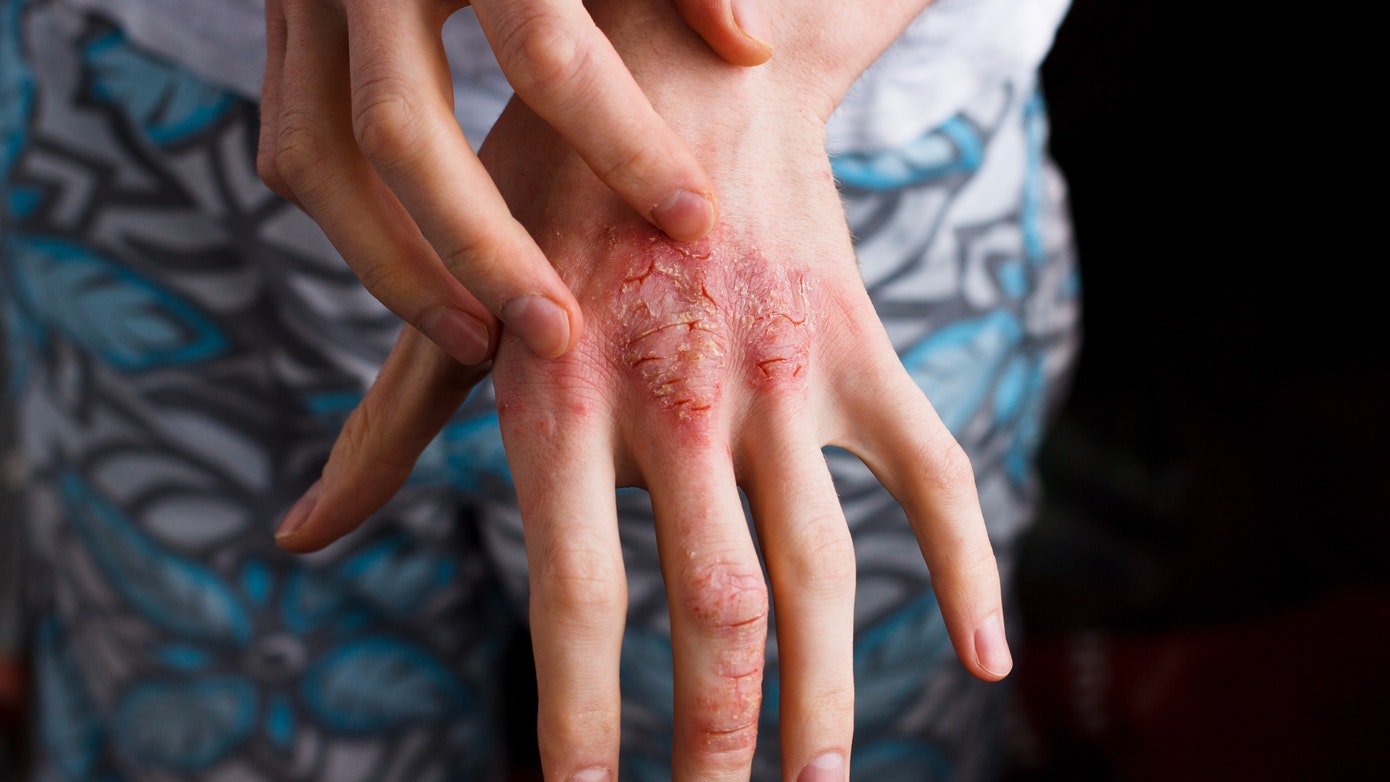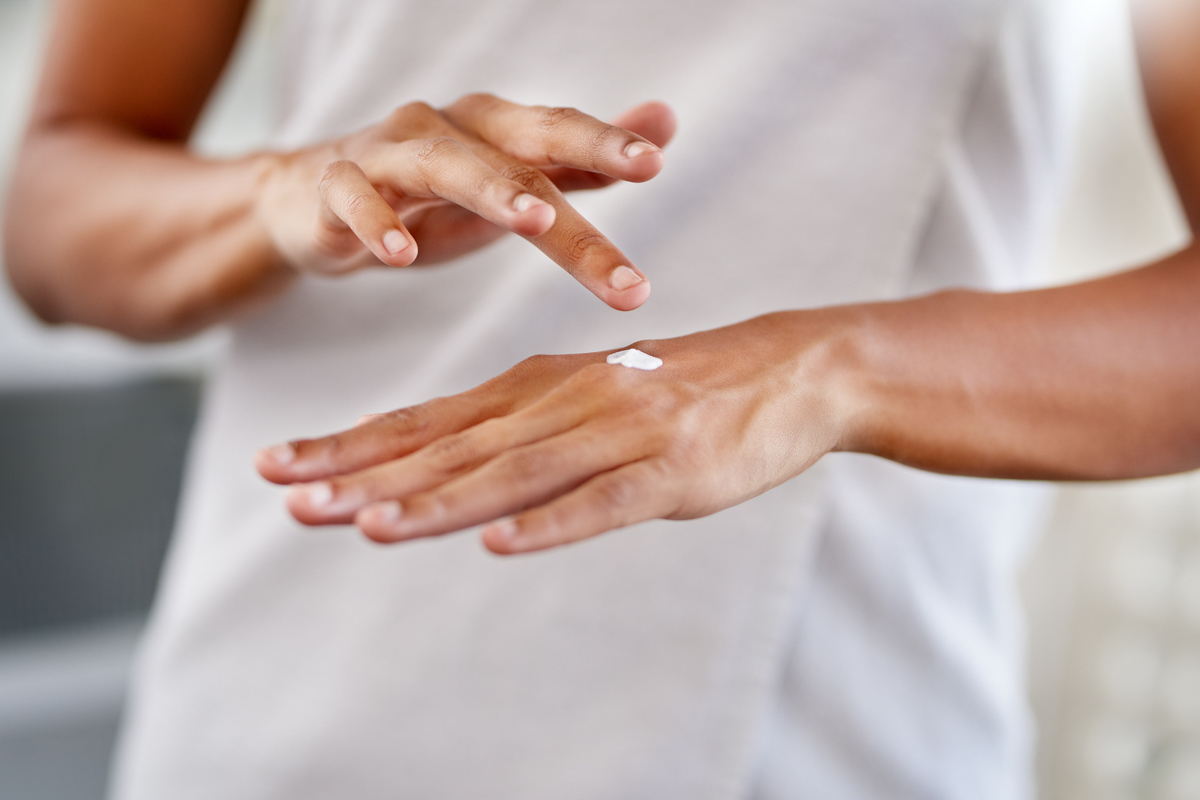Many people have red rashes on their skin, which is also itchy, so they wonder whether they have eczema or scabies. They look very similar, but there is a difference between the two. Most of the time, they look very similar, and people don’t understand the difference. Today in this guide will see the difference, i.e., scabies vs. eczema. One of the things that many people don’t know is that scabies happens to more than 250 million people all around the globe. It can affect people of all races and also social classes. Whereas eczema is concerned, it happens to more than 30 million people in the US.

Difference Between the Two –
Many people ask how you can tell the difference between eczema and scabies. Scabies is mostly caused due to an allergic reaction that occurs due to mites that live on or thrive on your skin. Besides that, scabies is highly contagious. So, ensure you stay away from your family and keep them safe. On the other hand, eczema is a kind of skin irritation that gives your skin a rash-like appearance. In scabies, the itchy rash is on the skin, caused by an infestation of microscopic mites with eight legs called Sarcoptes scabiei. The mites burrow themselves into the skin, and you can feel itching which becomes more intense at night. It is one type of skin infestation that spreads from skin-to-skin contact and is more commonly found in nursing homes, child centers, classrooms, etc.
How the Mites Spread in Your Body in Scabies –

You can check scabies vs. eczema pictures online at various sites. The female mite sits on or under your skin in scabies and lays eggs. When the eggs start getting to hatch, the baby mites, also known as larvae, are on the skin’s surface and spread to different parts of your body. Any person suffering from scabies has more than ten mites on them. Itching is mostly caused by allergic reactions to the mites, their waste, and eggs. Another point you need to note is that mites can be found on clothes, bedding, and furniture.
About Eczema –

The main difference between scabies and eczema is that it is a condition that begins in childhood or even late in adolescence and can also happen in adulthood. You get rashes in eczema, like the red, inflamed patches ranging from mild to severe. Till now, experts do not know the particular cause of the same; they feel that environmental or genetic factors trigger eczema. However, the good part about eczema is that it is not contagious. Now, let’s look at the symptoms of scabies and eczema. There are different symptoms. In scabies, there is severe itching that a person might get at night time. The itching happens on the tiny blisters and the skin, the bumps there, you may feel like itching the most.
Scabies Symptoms –

In scabies versus eczema, the main difference is that people with scabies get severe itching from tiny blisters and bumps at night. Symptoms may take some time to appear if you have had scabies exposure before. But if you have never had it, it can take more than five weeks for the symptoms to appear. But the most dangerous thing is that you can spread scabies even if they have not physically started to show on the skin. The rash appears most commonly in the following places – between the fingers, in the armpits, around the waist, along the insides of the wrists, on the inner elbows, on the soles of the feet, around the breast, around the male genital area, on the buttocks, and knees.
In Children and Infants –

When scabies happens to infants or young children, itchy rashes show on their palms and scalp. If you feel it is scabies, tell your doctor about it. One reason is that scabies looks just like eczema, and only a doctor can properly diagnose it and disclose whether it is scabies or eczema. Also, a proper treatment plan can be given by the doctor only. Where eczema is concerned, different types can appear on other body parts. It shows alternate triggers; if you do too much itching, you can also bleed. This will make eczema worse. This is known as the itch-scratch cycle.
Signs of Eczema –

Some common signs of eczema are itchy and dry skin, inflamed skin that shows discoloration, leathery or scaly skin, rough skin, and oozing or crusting. There is also swelling at the place where there is itchiness or rashes. If the eczema symptoms show up, then it can go on for a longer period. If you cannot manage eczema, you should see a dermatologist. They can help find out what type of eczema you have, and they will do the needful to control the itching and other symptoms.
The Method of Treatment for Both –

If you are suffering from scabies, then you can use a prescription treatment, and also you can use home remedies to control the itching and get rid of the infestation. The doctors will also give you medicines like lotions, pills, and creams. You must use it all over your body and keep it for over 8 hours. If you have other members at home, they may also need the same prescriptions. The medicines that are used for scabies comprise the following –
- Permethrin cream
- Ivermectin (Stromectol)
- Crotamiton (Crotan, Eurax)
These medications can kill the mites, but the itching lasts for weeks. You can also try home remedies to manage the itch, like – Using turmeric paste all over your body and keeping it for hours and washing it, then soaking it in cold water, or using an oat milk bath and applying lotion to soothe the itchiness. Ensure you use turmeric paste only after your blisters and others have dried and not bleeding or raw.
For eczema, there is no cure. But you can again manage using topical ointments, drugs, lotions, and phototherapy. You can also use turmeric paste in eczema, provided the blisters, itchiness, or rashes have dried and are not raw. Or else it will burn. You can also use neem leaf paste for eczema and scabies, which can kill the mites.
